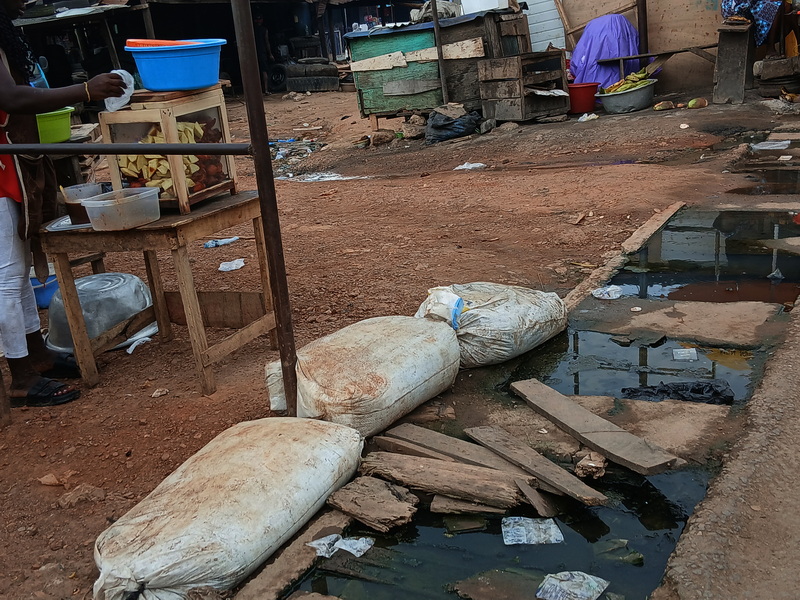
The NCD Alliance, Ghana, has issued a powerful call for global leaders to turn their promises into concrete action at the upcoming 4th United Nations High-Level Meeting on Non-Communicable Diseases (NCDs) and Mental Health on September 25.
In a statement released on September 17, Labram Musah, National Coordinator, and Godfred Tweneboah, Policy and Research Officer, emphasised that NCDs and mental health conditions are no longer just a health problem but a major threat to human development, economies, and societal well-being.
The NCD Alliance highlighted that these diseases, including cardiovascular diseases, cancers, diabetes, and chronic respiratory illnesses, are responsible for more than 74% of deaths worldwide.
This translates to an estimated 43 million people dying annually, with more than 82% of these “premature” deaths occurring in low- and middle-income countries like Ghana.
The statement stressed that behind these stark figures are real people whose lives are cut short, driving families into poverty and straining already overburdened health systems.
The organisation’s central message is that “the era where commercial interests dictate health policies must end.”
They specifically targeted the influence of industries that produce tobacco, alcohol, ultra-processed foods, and sugar-sweetened beverages, describing these products as “drivers of disease, suffering, and death”. The NCD Alliance urged governments to “Act Now with courage to protect their citizens, not the corporate bottom line.”
The alliance stressed that true leadership requires action, resources, and accountability. It pointed to the WHO Global Action Plan on NCDs 2013-2030 as a blueprint for success, noting that the only thing missing is the political will to implement it fully.
According to a report commissioned by the NCD Alliance, countries spend just 0.26% to 0.46% of their gross national income on NCDs through primary healthcare, falling far short of the 1.1% to 1.7% needed to achieve universal coverage.
The NCD Alliance, Ghana, further emphasised that financing is a crucial component of this fight. They argued that many countries claim a lack of resources while simultaneously missing out on significant revenue from health taxes.
“Increasing domestic revenue mobilisation, especially through tobacco, alcohol, and sugar-sweetened beverages taxation, is not only a smart economic policy but a moral imperative,” the statement read.
Such taxes would not only reduce the consumption of harmful products but also generate revenue that can be invested back into strengthening health systems, expanding mental health services, and ensuring access to affordable medicines.
Additionally, the statement highlighted the significant challenge of access to care, noting that many people with NCDs are denied essential medicines and treatments due to cost or unavailability.
The organisation called for the inclusion of effective and equitable NCD and mental health services in Universal Health Coverage, which means scaling up primary healthcare and training health workers to provide comprehensive care.
The NCD Alliance, Ghana, concluded its message with a powerful reminder to leaders that “the people are watching.”
They stated that civil society organisations, young people, and health professionals are demanding decisive action.
“History will judge whether leaders had the courage to put people before profits, health before industry influence, and the future before short-term political expediency,” the statement warned.
The organisation urged governments to enter the UN High-Level Meeting with a clear purpose: to commit to leading the charge, accelerate the adoption of cost-effective interventions, raise domestic financing through health taxes, and protect policy from industry interference.
Anything less, they said, would be an “abdication of responsibility” to the people and future generations. The message was a direct and final appeal for leaders to be bold and decisive in their actions to combat this global health crisis.


